Importance of Marine Radios in Boating Safety
Navigating the open waters demands clear and reliable communication, making marine radios an indispensable tool for boating safety. Whether you’re a seasoned sailor or a casual boater, understanding the differences between handheld and fixed marine radios is crucial in ensuring you choose the right communication equipment for your needs. In this article, we’ll delve into the characteristics, advantages, and considerations of both types to help you make an informed decision.
Handheld Marine Radios: Portable and Versatile Communication Tool
Handheld marine radios are the go-to choice for boaters who prioritize portability and versatility. These compact devices can be easily carried on board or even taken ashore, providing a convenient means of communication wherever you go. Ideal for short-range communications, handheld radios are perfect for small vessels, dinghies, or situations where mobility is key. Their user-friendly interface and lightweight design make them a popular choice for recreational boaters and those who may need to communicate on land.
Fixed Marine Radios: Mounted on Boats for Constant Communication
Fixed marine radios, on the other hand, are permanently mounted on boats, offering constant and reliable communication. Designed for long-range communication, fixed radios are equipped with more powerful transmitters and larger antennas. These radios are the preferred choice for larger vessels covering greater distances, ensuring a consistent signal even in challenging conditions. The fixed installation also allows for integration with other navigation equipment, providing a seamless communication system for comprehensive on-water operations.
Range and Coverage: Differences in Signal Reach and Reliability
One of the primary distinctions between handheld and fixed marine radios lies in their range and coverage capabilities. Handheld radios are typically designed for shorter distances, making them suitable for close-quarter communication within a vessel or between nearby boats. In contrast, fixed radios boast a more extensive range, allowing for communication over larger expanses of water. This difference is a crucial factor to consider based on the size of your vessel and the distances you plan to cover during your maritime journeys.
Power Source: Battery-Operated vs. Wired Connection
Power source considerations are integral when choosing between handheld and fixed marine radios. Handheld radios are generally battery-operated, offering flexibility and mobility. It’s essential to carry spare batteries or have a reliable charging solution for extended trips. On the other hand, fixed marine radios are typically wired to the boat’s power supply, eliminating concerns about battery life during prolonged use. This distinction highlights the need to evaluate your boating habits and preferences to determine the most suitable power source for your communication needs.
Features and Functions: Comparison of Capabilities for Communication Needs
Both handheld and fixed marine radios come equipped with essential features such as weather channels, emergency alerts, and the ability to communicate on standard maritime frequencies. However, fixed radios often offer additional functionalities like Digital Selective Calling (DSC), which facilitates automated distress calls and position sharing. When comparing features, assess your specific communication requirements, considering factors like GPS integration, weatherproofing, and ease of use.
Pros and Cons: Benefits and Limitations of Each Type
Understanding the advantages and limitations of handheld and fixed marine radios is crucial for making an informed decision. Handheld radios offer portability, versatility, and ease of use but may have limited range and shorter battery life. Fixed radios provide robust, constant communication over longer distances but require professional installation and lack the mobility of handheld options. Consider your boating style, vessel size, and communication priorities to determine which set of benefits aligns best with your needs.
Choosing the Right Radio: Factors to Consider When Selecting a Marine Radio
Selecting the right marine radio involves evaluating several factors. Consider the size of your vessel, the range you intend to cover, your power preferences, and the specific features that align with your communication needs. Additionally, factor in your budget and willingness to invest in either a handheld or fixed radio system. Making an informed decision ensures you have reliable communication equipment tailored to your boating adventures.
Understanding the Right Marine Radio for You
In the world of boating, communication is the key to safety and success. Understanding the nuances between handheld and fixed marine radios empowers boaters to make informed decisions based on their specific needs and preferences. Whether you prioritize portability and versatility or constant, long-range communication, the right marine radio can enhance your on-water experiences and contribute to a safer maritime journey.

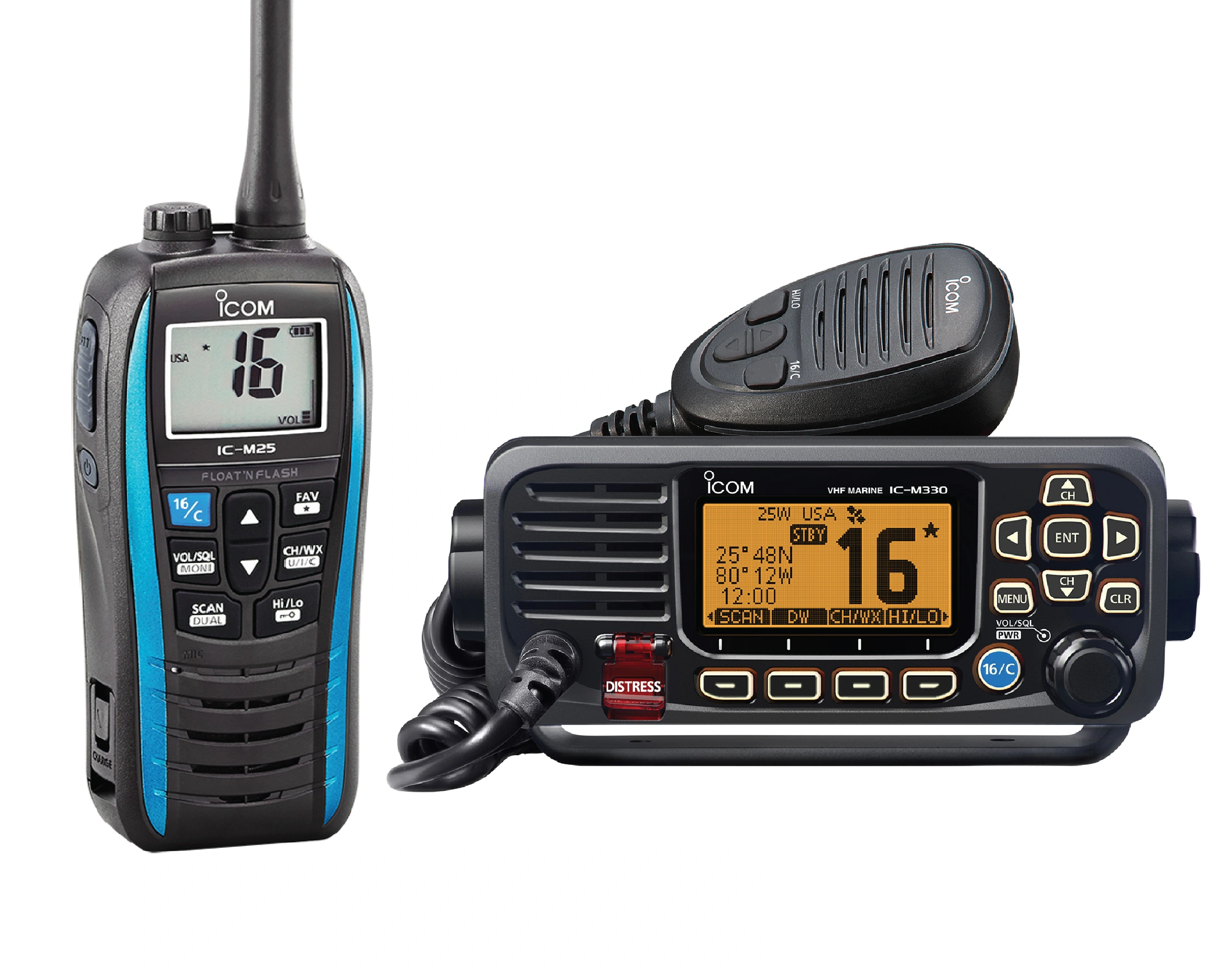
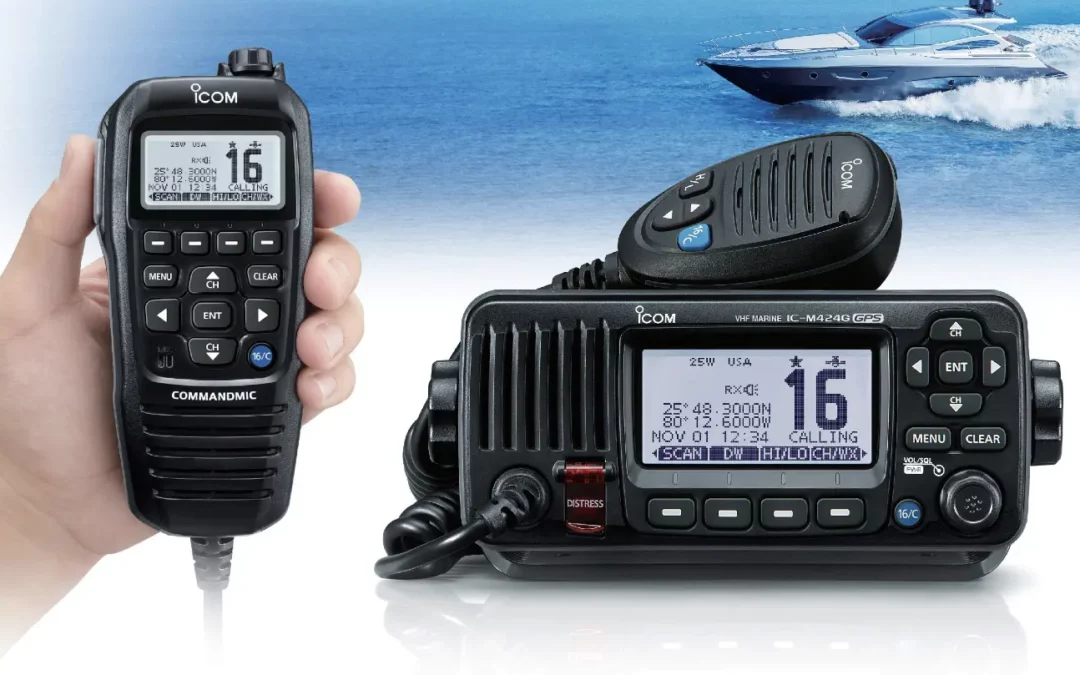
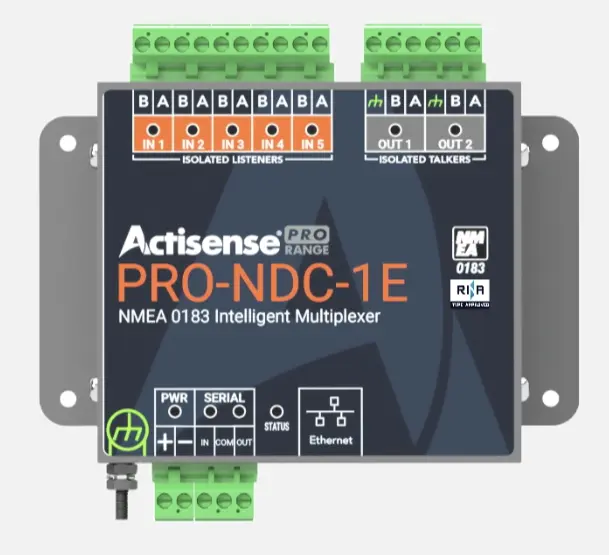
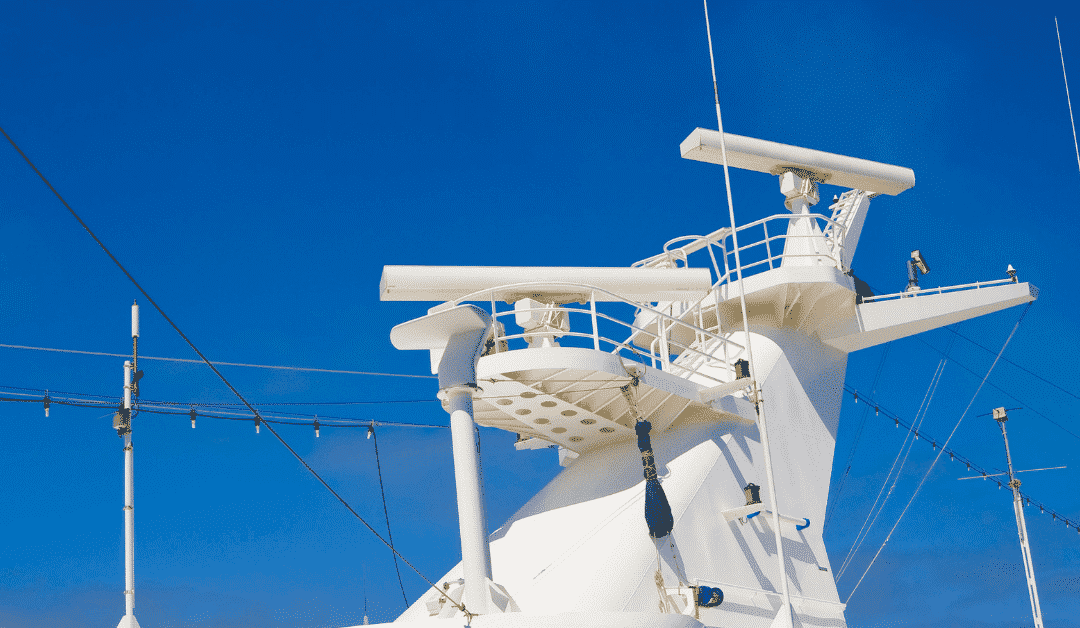
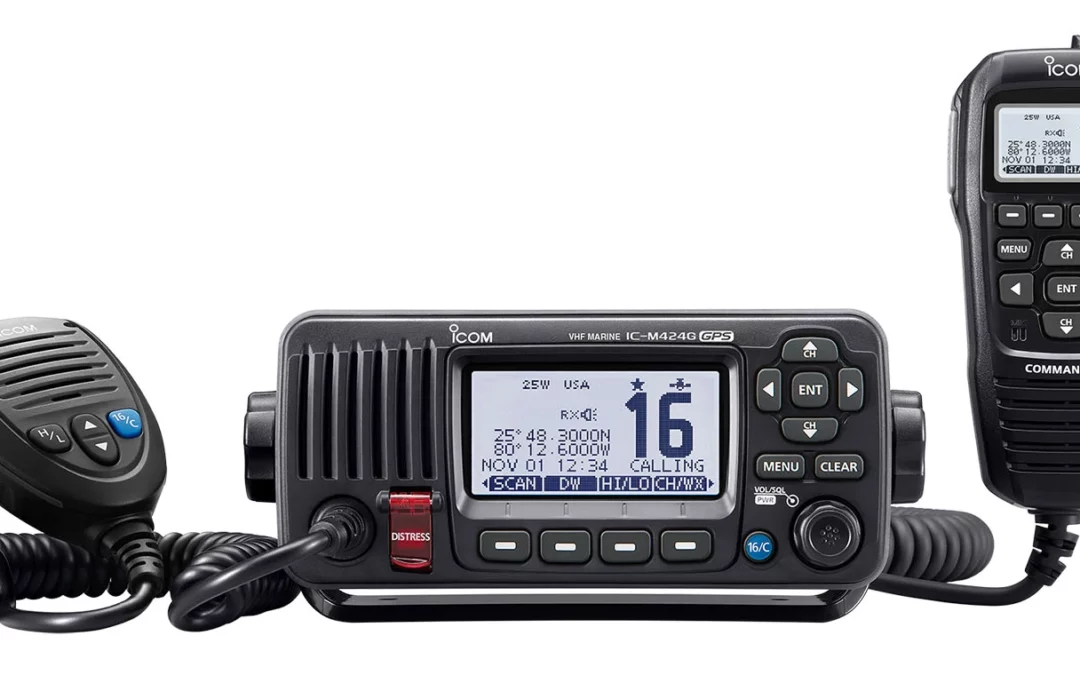

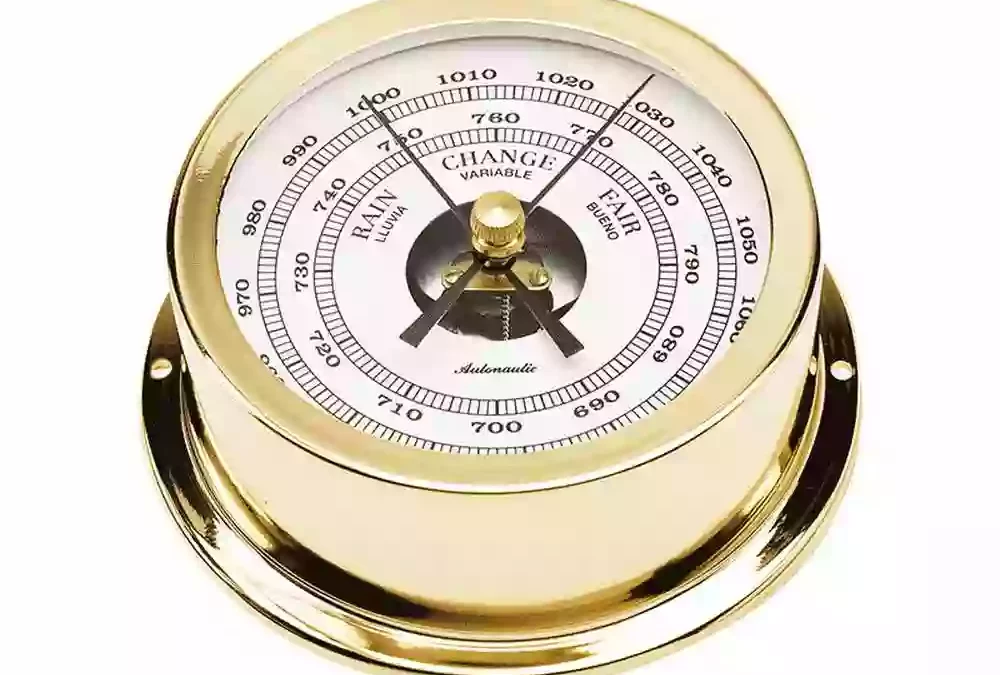
0 Comments